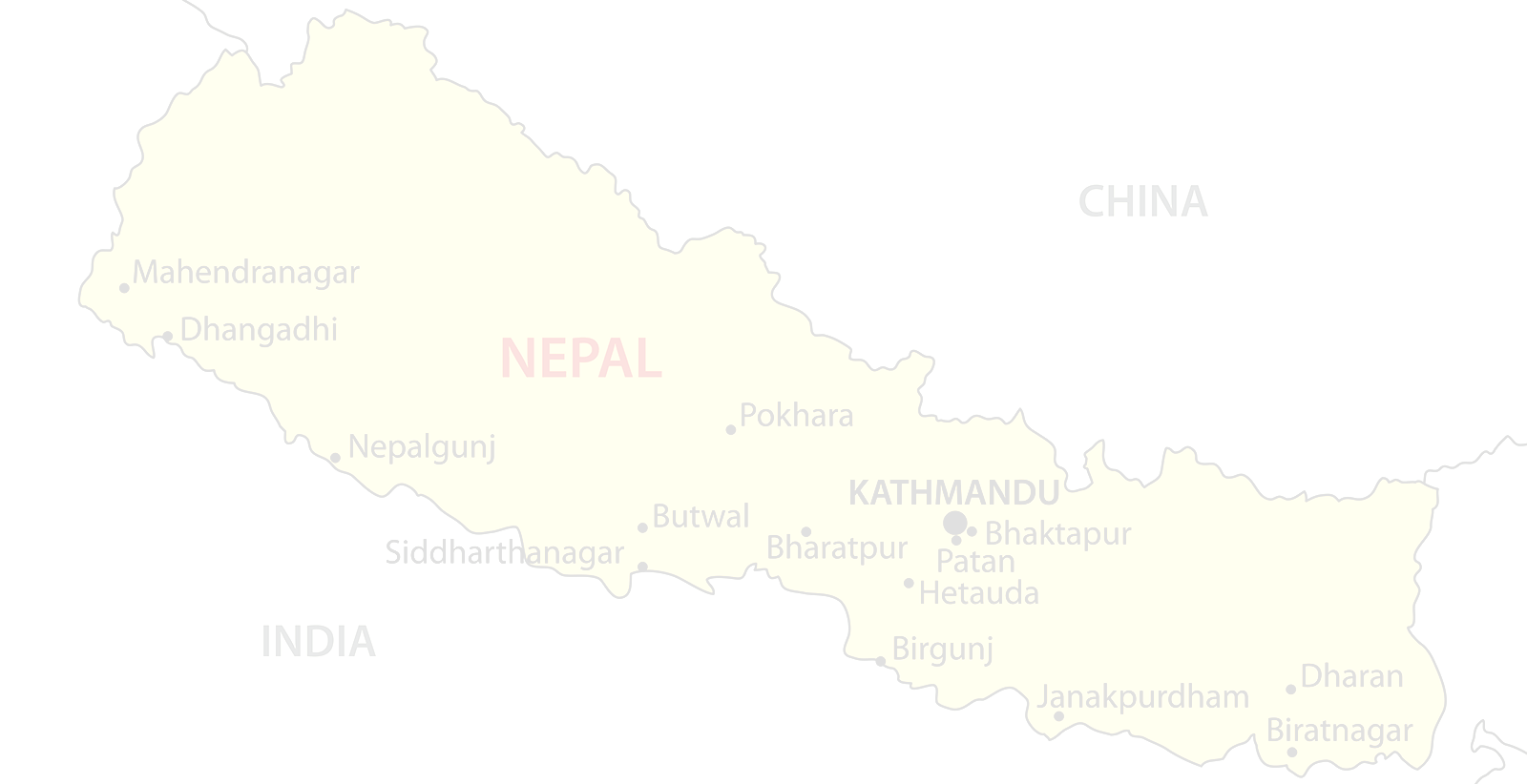


The Nepal Foundation aims to enable and stimulate education and healthcare by:
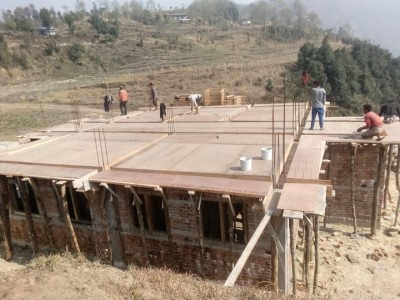
The ground floor of the health center is built! The hope is to receive the first patients in May 2025.
Read more...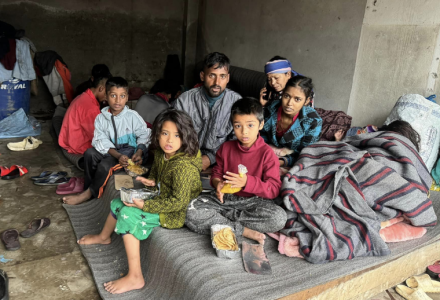
Thanks to your contributions, Sunita and her baby are doing well despite their circumstances. However she is not the only affected mother.
Read more...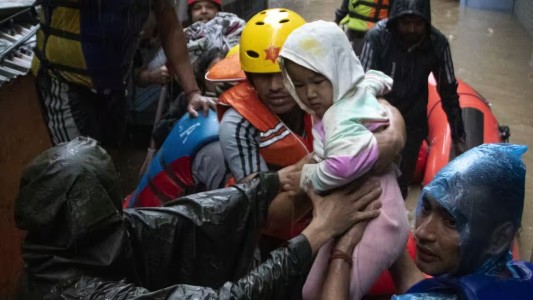
More than 200 people died last weekend due to heavy flooding in the capital Kathmandu and surrounding areas. With your help we can provide emergency relief!
Read more...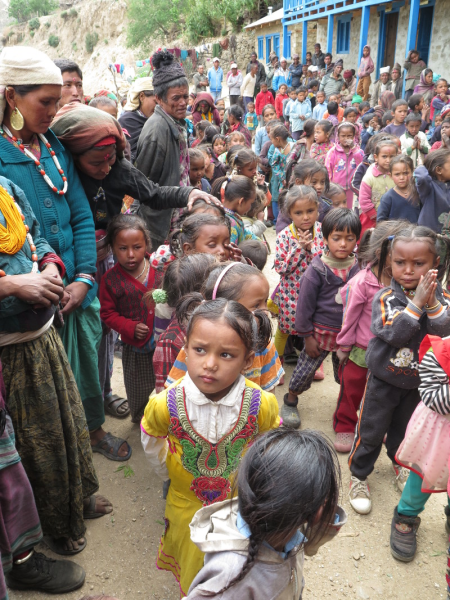
The Nepal Foundation has a mission to improve the living conditions and future prospects of children and the socially vulnerable in Nepal by enhancing their access to education and healthcare. The Nepal Foundation has worked from an inclusive vision since 1992, realizing equal opportunities for education and healthcare. Our programs focus on sustainable collaboration that leads to the self-reliance of individuals and institutions. We follow proven paths in funding students and their schools, patients, and their caregivers. This intersectoral approach has resulted in over 150 projects that operate independently and have a wide reach. All under the direction of local communities.
Our policy is aimed at raising funds to fulfill our mission. This mission includes: the construction, renovation, and repair of schools, providing financial support to individual children and their social framework, providing teachers and teaching materials. Education support matters, such as lunch programs, are among our activities as well as access to healthcare.
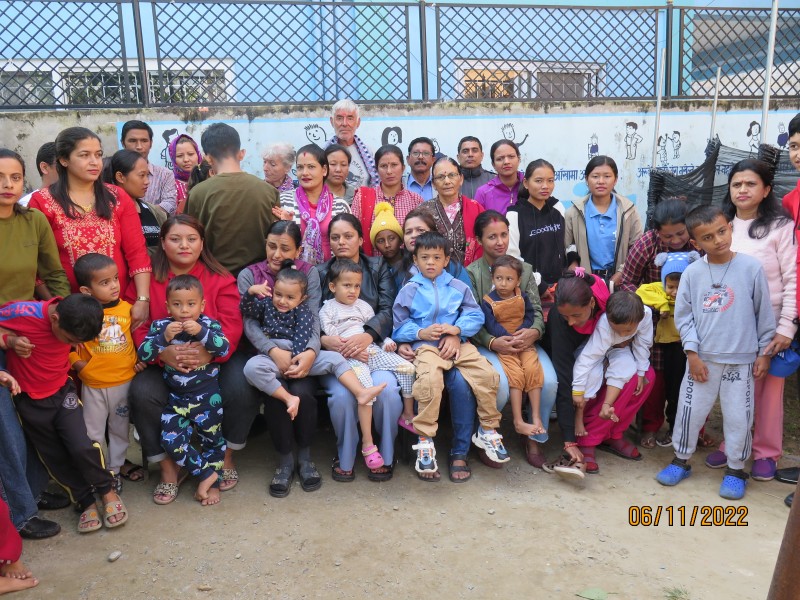
Since its foundation, Stichting Nepal has realized many projects, including the construction of an orphanage, several hostels for children living too far from school, and 62 schools. Additionally, a special school with education for deaf children, including a hostel, has been built. We have also funded the teacher salaries of 15 schools at the outset and provide 12 schools with annual support for materials and lunch budgets. About 20 schools have been renovated.
There are between 100 and 600 children in a school. The majority only receive schooling. About 25 children stay in hostels. Additionally, we have provided individual support to 745 children. The final diploma is the SLC [School Leaving Certificate], comparable to our high school diploma. In total, about 13,000 children have obtained their SLC with support from Stichting Nepal, and currently, 6,000 are on track towards this goal.
Not everything about this is known. However, we have some success stories:
Everyone works in Nepal. Several former students work for NGOs and help rebuild Nepal. Some work in the tourism industry, including hotels in Kathmandu. Some are accountants. We don't know much about craftsmen. However, we hear from schools that students with SLC find jobs.
Nepal, the roof of the world, is a fascinating country for Europeans. Primarily due to its overwhelming nature, with names like Mount Everest and Annapurna etched in everyone's memory. Besides these giants, Nepal boasts beautiful valleys, temples, and above all, an intriguing culture. At first glance, this Hindu kingdom seems to be the desired "Shangri-la".
However, once you interact with the Nepalese people, you discover the other side of this beautiful world. After all, Nepal is among the five poorest countries in the world. Yet, the Nepalese people do everything they can to build a decent life. Still, the country doesn't offer its people much. Opportunities, especially in the mountainous regions, are limited. Only with external support does this unique country have a future. We believe this support should be given. The Nepal Foundation has been working since 1992 to provide support, especially in education, to the people of this captivating country.
For a Nepalese child, education is as crucial for a chance at a good future as for a child from our own environment. However, in the more remote areas of Nepal, education is not available. The solution is a boarding school in the capital Kathmandu. However, the costs, around € 850 per year, are higher than the annual income of a household head. The education also lasts ten years. Without sponsorship, this is not possible. The Nepal Foundation is such a sponsor.
A family consists of multiple children. There's only money for one child. Girls don't get a chance. The Nepal Foundation pays the tuition.
A village wants to build its school or a health post but lacks the means to buy materials. Or the building exists, but there's no money for, for example, a teacher or the required equipment. In such cases, the Nepal Foundation can provide a solution.
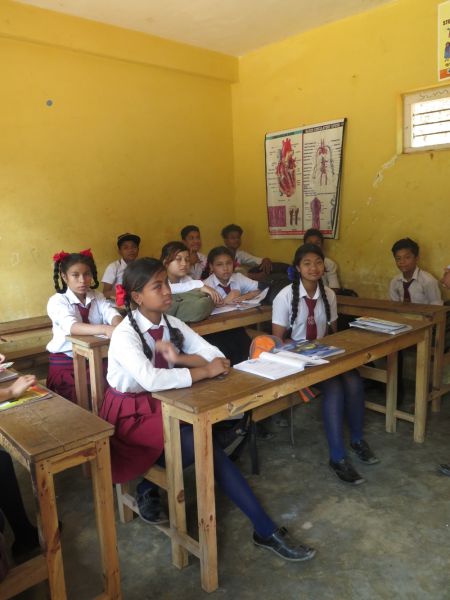
| Krijn de Best | [Chairman] psycholoog / econoom |
| Jos Huisman | [Treasurer] actuaris |
| Robin de Best | [Secretary / Vice chairman] arts |
| Marcel Damad | [Fund Raising] ondernemer |
| Thorquil Kramer | [Development youth membership VNN] arts |
| Lissa Wullaert | [Medical projects] arts |
| Tessa de Waard | [Communicatie & social media] communicatie adviseur |
| Martijn Damad | [Fondswerving] Ondernemer |
The board is supported by an Advisory Council, which consists of:
Every year, the board reports on the foundation's income. It also produces annual project reports. The income and expenditures for the projects in Nepal are annually checked by the accountants of the Nepal Trust. In the Netherlands, the annual accounts are prepared by independent accountants. The tax authorities and the CBF (Central Bureau for Fundraising) also monitor the foundation. The foundation's annual reports can be downloaded from the website.